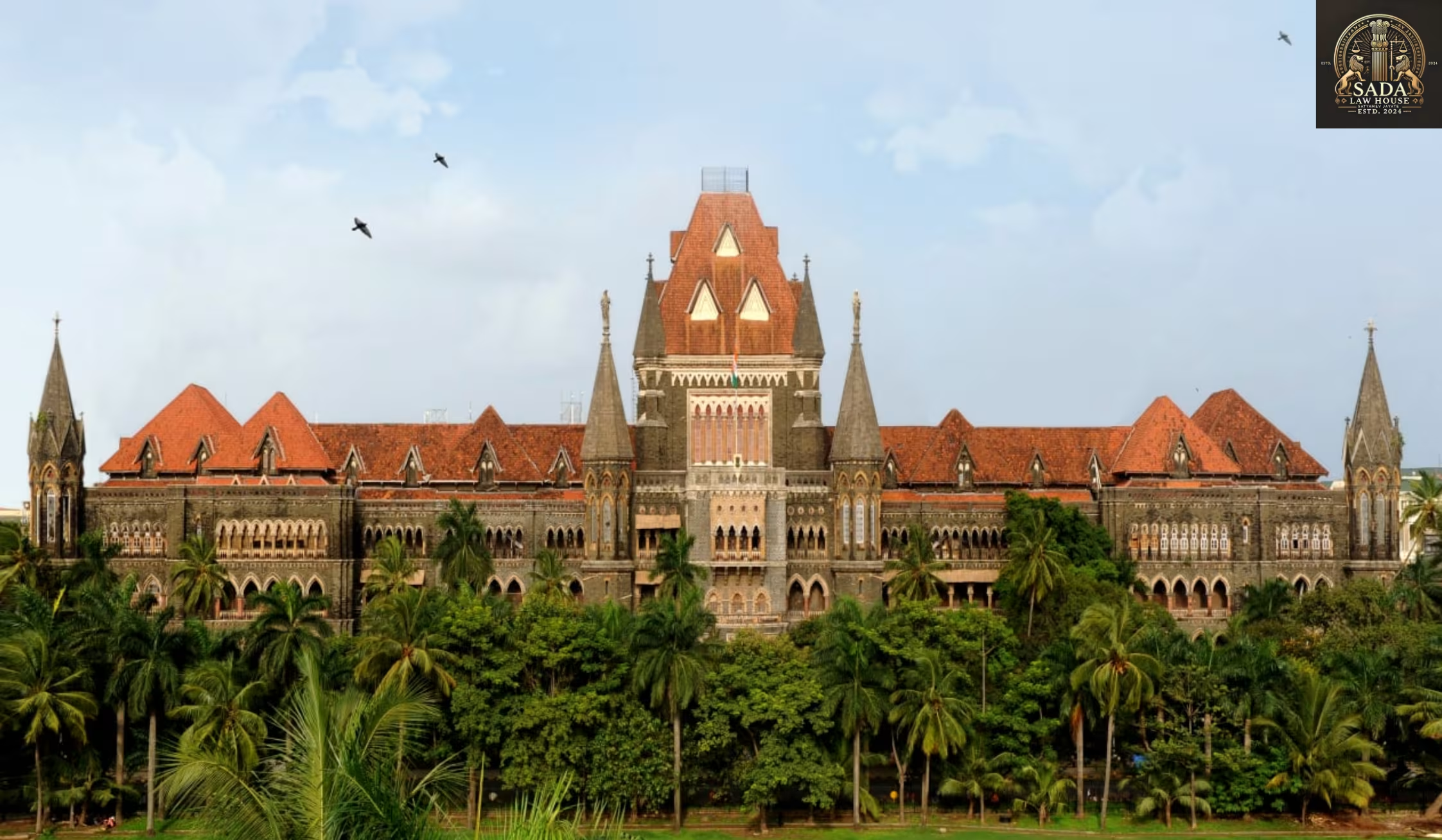Which law states that Aadhaar is required to operate bank accounts? Questions for the Supreme Court the Delhi government’s refusal to grant workers’ allowances
- MAHI SINHA
- 05 Apr 2025

Update: 04 Apr 2025
On Wednesday, April 2, the government of Delhi was questioned by the Supreme Court for failing to provide subsistence stipend to 5,907 qualified workers who are subject to Graded Response Action Plan (GRAP) limitations and do not have bank accounts connected to their Aadhaar.
The Delhi government was summoned to appear before the court by a bench made up of Justices Abhay Oka and Ujjal Bhuyan about whether certified workers might be refused payment because the accounts they had opened were not connected to Aadhaar. The next hearing date is when this matter will be discussed.
M.C. Mehta v. Union of India & Ors., a lawsuit pertaining to pollution control in Delhi NCR, was now being heard by the court. An affidavit outlining the current situation of subsistence allowance allocations to building laborers impacted by GRAP limitations was presented by the Delhi government. The Delhi government’s counsel argued during the hearing that the failure to provide information on Aadhaar-seeded bank accounts prevented payments to some employees. Justice Abhay Oka, however, rejected this argument and questioned if there was a legislation that said bank accounts could not be handled without Aadhaar. Which legislation makes this possible?
“There is no such law,” the counsel acknowledged. The Delhi government was ordered by the court to resolve this matter.
The Delhi Building and Other Construction Workers Welfare Board (DBOCWW) decided in the course of its meeting on December 3, 2024, to provide an annual living payment of Rs. 8,000 to each qualified recipient, per the affidavit submitted by the Special Secretary of the Delhi surrounding environment Department. The Board has paid 93,272 employees a total of Rs. 74,61,76,000.
However, according to the affidavit, some recipients did not get their allowances since payments were only transferred to bank accounts that were linked to Aadhaar. The affidavit states that efforts were made to get these employees to connect their bank accounts with Aadhaar by sending them SMS and IVR messages on a number of occasions. As of March 25, 2025, 5,907 eligible workers still have not received their salaries because their accounts were not seeded with Aadhaar, despite additional attempts to credit payments.
The document also described efforts to confirm that impacted workers had lost their wages. According to the document, emails asking for information on affected workers were addressed to 15 government organizations and departments involved in building projects. In response, six departments said that no employees within their purview had been impacted. After contacting the other nine agencies once more, no more information was obtained. District labor officials were requested to furnish information on impacted workers via registered contractors and premises, according to the document. 505 workers were identified and given subsistence allowances based on their feedback. Nevertheless, the affidavit stated that repeated demands for more information did not result in any new answers.
36 trade unions were also requested to provide information about the impacted employees. Out of the 82 workers whose information was provided by three unions, 14 were determined to be qualified for subsistence stipend. According to the declaration, their payments were approved on March 25 and March 27, 2025.
In response to the Delhi government’s plea, the Court ordered the Center for Holistic Development to submit an affidavit. Prior to this, on February 28, 2025, the Court ordered all NCR states to guarantee that construction workers impacted by construction prohibitions under GRAP regulations received compensation. In accordance with its previous ruling on November 24, 2021, the court had stressed that these sums should be made with labour cess resources.






